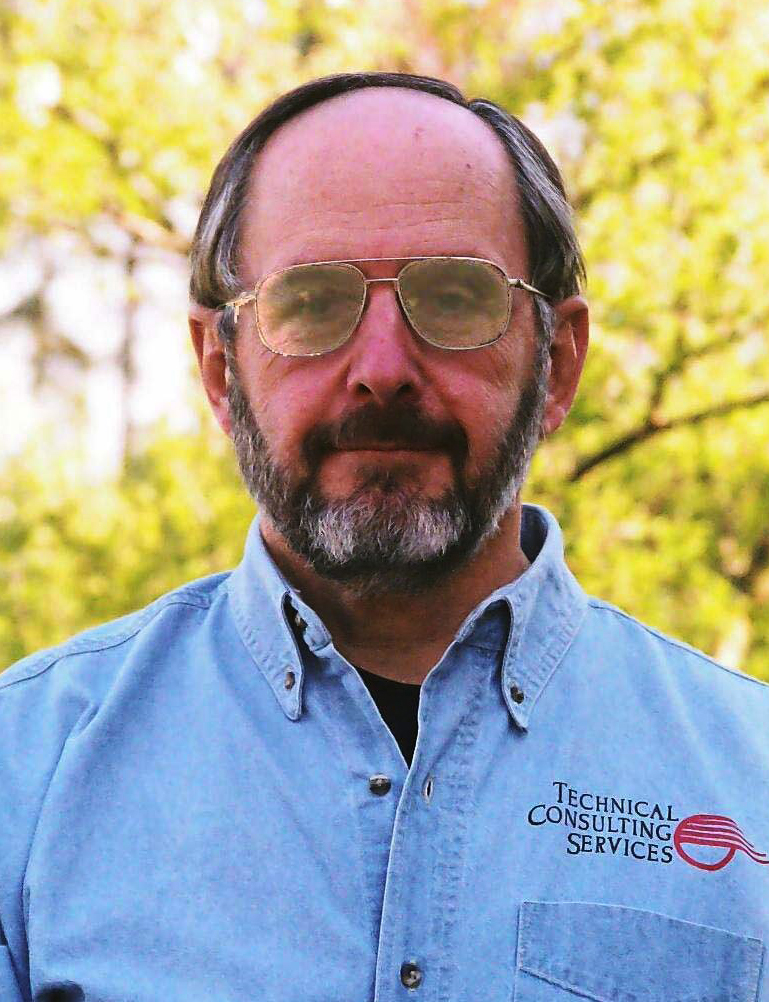*** Please note, each row and course# listed below is a separate, complete course. ***
Intro Rubber Technology Seminar
| Course# | Date | Time | Location | |
|---|---|---|---|---|
|
Coming Soon |
||||
CEU's: 0.8
Instructor: R. J. Del Vecchio
Course Overview
This is a one-day course intended to acquaint nontechnical people with the basics of the rubber industry. The history, chemistry, products made, equipment used, and types of processing related to rubber materials are discussed in clear, uncomplicated lay people language. A wide range of actual materials and products are made available for attendees to see and touch, which helps enhance the understanding of the field. Questions are encouraged, and discussion is expanded to cover whatever particular interests people may have. The goal of the course is to bring people to a reasonable understanding of the background and general technology of the industry in an engaging and interesting way.
Online Course Requirements
We want you to have a great experience participating in our remote (online) courses, and for that, you’ll need the right equipment and internet connection.
Minimum needs are:
- A broadband internet connection that has at least a 2 Mbps upload and download speed.
- A computer (PC or Mac) that can support the latest web browser versions.
- At least 4 GB of RAM and adequate hard drive space.
- A microphone and a speaker.
For more information, visit our Online Course Requirements webpage.
Instructor Biography:

R. J. Del Vecchio, Technical Consulting Services, Asheville, NC
After a career in the rubber industry that began in 1965 with a summer job at DuPont before graduate school and, after a few years off for military service, continued with companies such as B F Goodrich, United Technologies, Lord, and Barry Controls, Del founded a fulltime consulting service in late 1990. Much of his work is based on his long history of experience with engineering applications of rubber, as well as the normal technical skills involved in compounding and processing a wide variety of elastomers. In addition, he has become an enthusiastic user of, and instructor in, Statistical Process Control and Design of Experiments, especially as those methodologies apply to the polymer industries.
He has published numerous technical papers at American Chemical Society meetings, has appeared in the trade literature both here and overseas, and has authored several chapters in technical books, on topics such as rubber testing, SPC for the mixing operation, and basic rubber technology. In 1976 he organized the first symposium sponsored by a local rubber group on Engineering with Rubber, and has continued to be involved with educational activities for the various organizations in the industry ever since. His consulting practice was originally based in the molded goods field, including materials development and process optimization, but he expanded his services into the areas of statistical analyses, test development, failure analysis, acting as an Expert Witness, and giving frequent courses in topics of interest to those working in rubber.
His book on practical application of Design of Experiments in the rubber and plastics industries, sponsored by SPE, was released by Hanser Press late in 1997, sold out, and has been reprinted three more times. His introductory short book A Beginner’s Guide to Rubber Technology (October 2001) has sold thousands of copies, and he edited Fundamentals of Rubber Technology (March 2003), now a standard introductory text for rubber technologists. His most recent publication is Bonding of Elastomers (August 2020).
A one-day course for nontechnical personnel
Introduction to Polymers
Basics of polymers, what elastomers, plastics, & TPEs are, their structure-property relationships, how they differ from each other, etc.
Basic Rubber Compounding
Types of elastomers, families of formulation ingredients, their functions, combinations, interactions, etc. How compounding is done, choices/compromises, evaluations, etc.
Properties of Elastomers
Discussion of standard properties such as Tensile Strength, Elongation, Tensile Modulus, and Compression Set, plus some less commonly considered characteristics like Drift, Resilience, Fluid Resistance, Abrasion, Flex Life, Bonding, and Long Term Aging. How temperature and fluids affect properties of rubber.
Basic Rubber Processing
Mixing processes, on mills, internal mixers, dough mixers, and continuous mixers, what the factors control mixing quality, how mixing can impact final properties. Molding, using compression, transfer, and injection equipment, process variables and their importance on final part properties. Extrusion and calendering processes, plus other special processes.
Testing of Elastomers
Standard and non-standard tests of rubbery materials, starting with common ASTM methods and progressing through less familiar tests, with some clarification on the what the test results may mean or not mean in regard to actual applications. (Includes a brief explanation of the most basic processing tests for compounds.) Actual part testing and its challenges.
Specifications for Rubber (ASTM D2000)
Explanation of how ASTM D2000 uses a collection of standard physical tests to characterize rubber compounds, what the line callout reveals and does not reveal about the material.
Life Prediction
Current investigations into life prediction for elastomeric parts center on use of the Arrhenius method; the basis of the method will be clarified, which will lead to discussion of its shortcomings and pitfalls when applied to polymeric materials. Summary of Fatigue Crack Propagation and classic simple strain methods.
Selection Criteria & Polymer Comparisons
General discussion of the families of elastomers, their comparisons/contrasts, how consideration of cost/processing/performance requirements affect choices of materials. (The very wide range of all compounds will not be described exhaustively in this context, but frequently used materials like Natural Rubber, Neoprene, and Nitriles will receive extra attention.)
Quality Control in the Rubber Industry
Control versus Assurance, early process control, downstream control, SPC practices adapted to industry custom, etc. Relationship between practical QC methods and actual product life, functional defects versus cosmetic nonconformance. Final part inspection methods.
